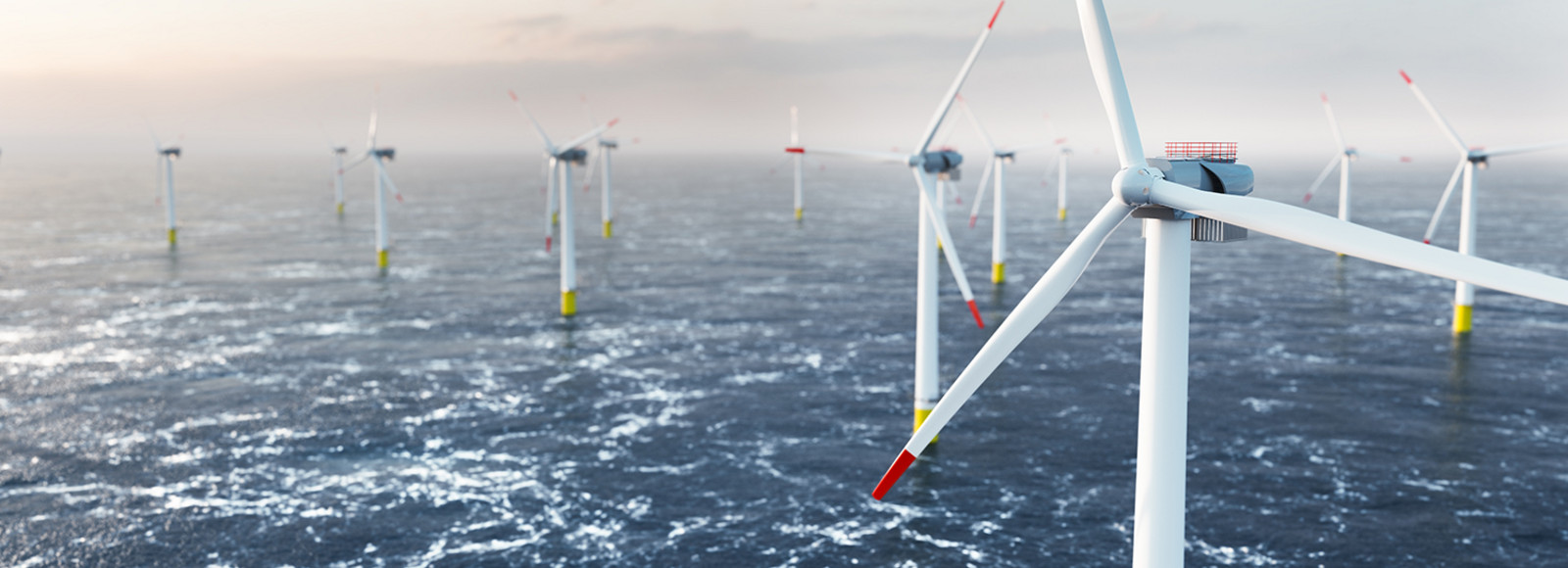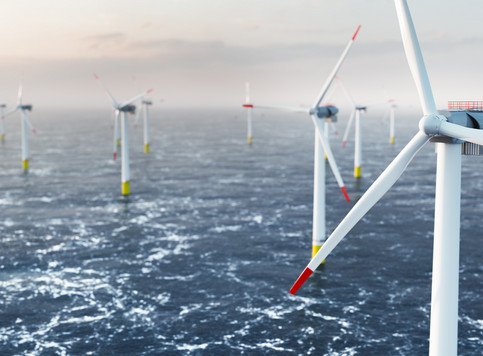Proposed Expansion of the Geographical Area for Taxation in Norway; Tax on Income from Renewable Energy Resources and Carbon Handling on the Norwegian Continental Shelf
The Norwegian Ministry of Finance recently sent out a consultation paper on public hearing that proposes a tax on income from renewable energy resources and carbon handling on the Norwegian Continental Shelf. Notably, the proposal expands the geographical area for taxation in Norway by establishing limited tax liability on, inter alia, foreign persons and companies.
Foreign persons and companies are currently not liable for tax on income from renewable energy resources and carbon handling on the Norwegian continental shelf. Therefore, the Ministry of Finance proposes to amend section 2-3 of the Norwegian Taxation Act, which concerns limited tax liability for, inter alia, persons and companies that are not resident in Norway and liable to tax pursuant to section 2-1 and 2-2. The highlights of the proposal are the following:
- The Norwegian Ministry of Finance proposes two alternative wordings for the amendments. Furthermore, the proposal suggests that the amendments enter into force immediately and follow section 1 of the Norwegian Petroleum Taxation Act, which establishes tax on income from petroleum activity on the Norwegian continental shelf.
- The proposed tax on income from renewable energy resources covers all current and future renewable resources on the Norwegian continental shelf, for instance wind, waves and tie.
- the proposed tax on income from carbon handling covers carbon capture and storage of CO2 on the Norwegian continental shelf, such as investigation, search, and utilization connected to carbon storage reservoirs as well as transport of CO2.
- The proposal applies to, inter alia, foreign persons and companies who either utilize renewable energy resources, or exercise carbon handling on the Norwegian continental shelf, including investigation and search. The Norwegian Ministry of Finance also proposes that limited tax liability is established for persons and companies that provide various kinds of assistance in connection with such utilization or exercise. Consequently, the proposal covers both direct and indirect contractual relationships.
- The Norwegian Ministry of Finance does not take a position on establishing a special tax regime for renewable energy resources or carbon handling on the Norwegian continental shelf similar to, for instance, the petroleum or hydropower tax regime in Norway. Therefore, relevant rules for tax on income in the Norwegian Taxation Act as well as international tax agreements are applicable.
To summarize, the proposal could lead to higher costs for activity in relation to renewable energy resources and carbon handling on the Norwegian continental shelf. It should, however, be noted that the proposed tax on income simultaneously could lead to an increased public interest in the development of these activities, which is in the interest of foreign persons and companies involved.
For further information, please contact or Jonas Aartun, Partner, DLA Piper Norway, T: +47 90 80 87 08, E: jonas.aartun@dlapiper.com or Kaare Oftedal, Partner and Sector Head Renewable Energy, DLA Piper Norway, T: +47 91 61 38 38, E: kaare.oftedal@dlapiper.com.



